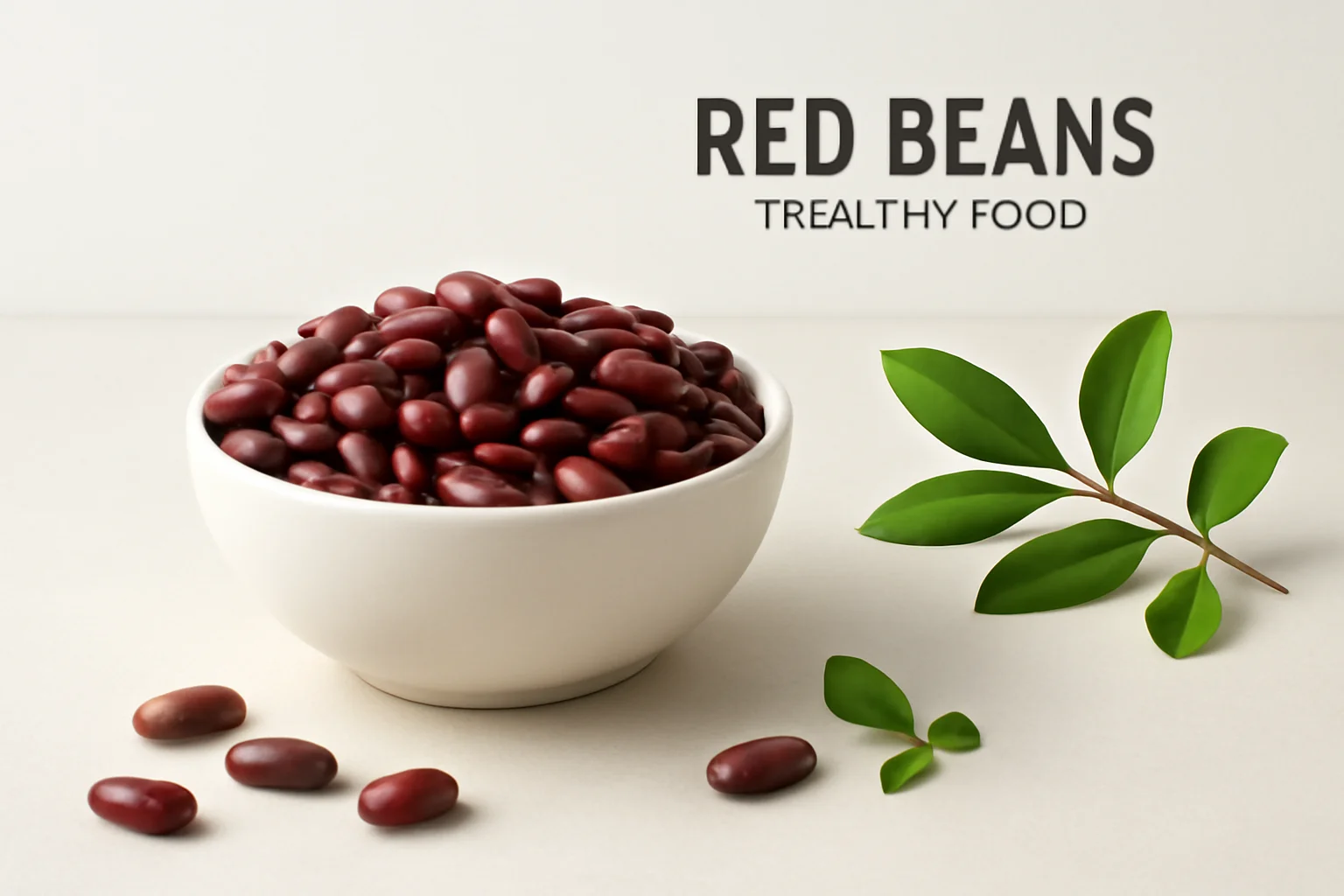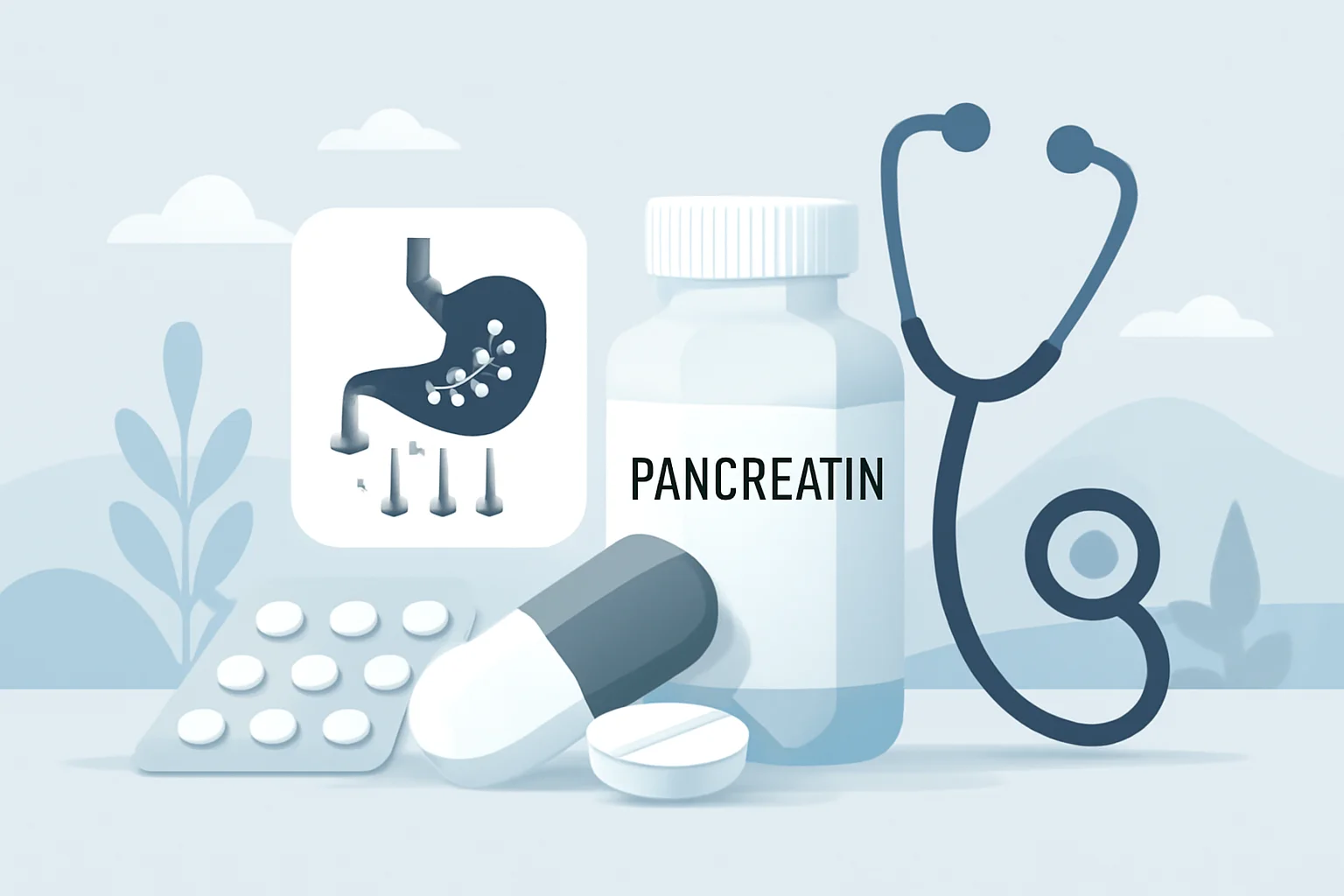
The Beneficial Effects of Red Beans on Our Health
The red bean, also known as kidney bean, is a nutritious food that has numerous beneficial effects on our health. Rich in nutrients, protein, vitamins, and minerals, it can be an excellent addition to the diet not only for vegetarians and vegans but for anyone. Red beans are particularly popular in various cuisines as they can be used in a wide range of dishes, whether in soups, salads, or main courses.
Consuming red beans is not only tasty but also comes with several health benefits. These include the prevention of cardiovascular diseases, stabilization of blood sugar levels, and support for gut health. The fibers and antioxidants present contribute to the body’s defense, while proteins aid in muscle building and recovery. Additionally, red beans are low in calories, making them an ideal choice for those on a diet.
As we explore the benefits of red beans, it is worth getting acquainted with the nutrients they contain and their effects. In the following sections, we will present in more detail the beneficial effects of red beans and why it is worthwhile to incorporate this healthy food into our daily diet.
The Nutritional Content of Red Beans
Red beans are extremely rich in nutrients that play an essential role in the body’s functioning. One of their most notable features is their high protein content, which helps in muscle building and recovery. A cup of cooked red beans contains about 15 grams of protein, making them ideal for those following vegetarian and vegan diets.
Red beans also contain a significant amount of fiber. Fibers are important for maintaining gut health as they aid in proper digestion and prevent constipation. Consuming fiber contributes to the health of the gut flora, which is essential for the effective absorption of nutrients.
Furthermore, red beans are rich in vitamins and minerals. They contain notable amounts of B vitamins, such as B1 (thiamine) and B9 (folate), which are important for metabolic processes and cell regeneration. Among the minerals, iron, magnesium, and potassium stand out, contributing to blood formation, cardiovascular function, and blood pressure regulation.
Red beans are low in calories, making them an ideal choice for those on a diet. The nutrients they contain help maintain a feeling of fullness, thus reducing appetite and overeating. Overall, red beans are a nutritious, versatile, and healthy food that has numerous beneficial effects.
The Beneficial Effects of Red Beans on Cardiovascular Health
Consuming red beans can have significant beneficial effects on our cardiovascular health. One of the most important advantages is supporting heart health, which can be achieved through the fibers and antioxidants they contain. Fibers help lower cholesterol levels, which play a key role in preventing heart diseases. Regular fiber consumption contributes to reducing “bad” LDL cholesterol levels while increasing “good” HDL cholesterol levels.
In addition, red beans are packed with antioxidants, such as flavonoids and phenolic compounds, which protect cells from the harmful effects of free radicals. The accumulation of free radicals can contribute to inflammation and heart problems. The presence of antioxidants in red beans helps neutralize these harmful substances, thereby reducing the risk of heart diseases.
The potassium found in red beans also plays an important role in heart health. Potassium helps regulate blood pressure, which is also crucial for preventing heart diseases. A potassium-rich diet can contribute to lowering blood pressure, helping to prevent heart attacks and strokes.
Overall, regular consumption of red beans can contribute to maintaining cardiovascular health as they support cholesterol reduction, blood pressure regulation, and protection against free radicals.
The Effect of Red Beans on Blood Sugar Levels
Red beans can be particularly useful in regulating blood sugar levels, which is especially important for diabetics and those struggling with prediabetes. The complex carbohydrates and fibers they contain slow down the absorption of glucose, helping to prevent sudden spikes in blood sugar levels. Maintaining stable blood sugar levels is essential for the health of diabetics and can help avoid complications of diabetes.
The low glycemic index (GI) of red beans also contributes to stabilizing blood sugar levels. Foods with a low GI value raise blood sugar levels slowly, reducing sudden feelings of hunger. This can be particularly important for dieters and diabetics who need to pay attention to the effects of their meals on their blood sugar levels.
Moreover, the gut-friendly fibers in red beans support gut health, which also positively affects blood sugar levels. Maintaining the balance of gut flora contributes to the more effective absorption of nutrients and the reduction of inflammation, which also influences blood sugar levels.
Thus, red beans are not only a nutritious and tasty food but also play an important role in regulating blood sugar levels. It is worth incorporating them as part of a healthy diet, especially for those who monitor their blood sugar levels.
Red Beans and Gut Health
Red beans have a remarkable impact on gut health, thanks to the fibers and prebiotics they contain. The fibers help with proper digestion by promoting bowel movements, thus reducing the risk of constipation. Proper digestion is essential for the effective absorption of nutrients and the health of gut flora.
The soluble fibers found in red beans, such as pectin, help reduce cholesterol and blood sugar levels, which also contribute to gut health. Soluble fibers can bind to water-soluble substances, aiding in nutrient absorption and improving the balance of gut flora.
Red beans also contain prebiotics, which nourish the beneficial bacteria living in the gut. Prebiotics contribute to gut health, which is essential for a proper immune response and reducing inflammation. A healthy gut flora helps prevent gut diseases such as inflammatory bowel diseases or leaky gut syndrome.
Overall, regular consumption of red beans positively affects gut health. To prevent digestive issues and maintain the balance of gut flora, it is worth incorporating this nutritious food into our diet.
Warning: This article does not constitute medical advice. In case of health issues, everyone should follow their doctor’s advice.

